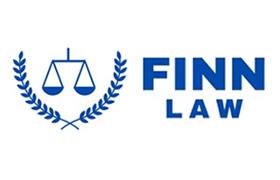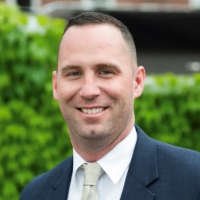Guilderland Center Felony Lawyer, New York
Sponsored Law Firm
-
 x
x

Click For More Info:
-
Finn Law Offices
12 Sheridan Ave. Albany, NY 12207» view mapAccident & Injury and Criminal Defense Action-Oriented Legal Advocacy
At Finn Law Offices, our attorney relies upon his experience and dedication to protect your rights in a personal injury, employment law, criminal defense or civil rights case.
800-872-6030
Not enough matches for Guilderland Center Felony lawyer.
Below are all Guilderland Center Criminal lawyers.
Stephen Louis Rockmacher
✓ VERIFIED *Status is reviewed annually. For latest information visit hereImmigration, Real Estate, Criminal, Divorce & Family Law, Traffic
Stephen Rockmacher has over 25 years experience concentrating but not limited to Immigration, Real Estate, Criminal and Family law cases. He is focuse... (more)
Christopher N. Luhn
Divorce & Family Law, Criminal, Family Law, Accident & Injury, Mass Torts
Status: In Good Standing *Status is reviewed annually. For latest information visit here
FREE CONSULTATION
CONTACTIan R. Arcus
Adoption, Dispute Resolution, Child Support, Criminal
Status: In Good Standing *Status is reviewed annually. For latest information visit here
James E. Tyner
Traffic, White Collar Crime, Felony, DUI-DWI, Criminal
Status: In Good Standing *Status is reviewed annually. For latest information visit here Licensed: 23 Years
Susan B. Milstein
Farms, Estate Planning, Child Support, Criminal
Status: In Good Standing *Status is reviewed annually. For latest information visit here
Sara Fedele
Litigation, Criminal
Status: In Good Standing *Status is reviewed annually. For latest information visit here
Lowell R. Siegel
Employment, Criminal, Federal Appellate Practice, Family Law
Status: In Good Standing *Status is reviewed annually. For latest information visit here Licensed: 38 Years
Kevin A. Moss
Criminal, Traffic, Credit & Debt, Personal Injury
Status: In Good Standing *Status is reviewed annually. For latest information visit here Licensed: 53 Years
Anthony Ianniello
Divorce & Family Law, Real Estate, Accident & Injury, Criminal
Danielle R Lange
Estate, Criminal, Business, Divorce & Family Law
Status: In Good Standing *Status is reviewed annually. For latest information visit here Licensed: 20 Years
 Ryan M. Finn Albany, NY
Ryan M. Finn Albany, NY AboutFinn Law Offices
AboutFinn Law Offices
